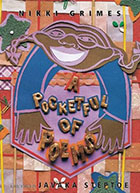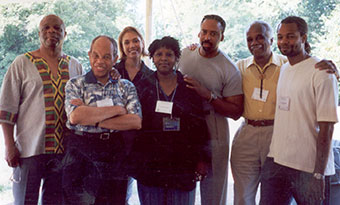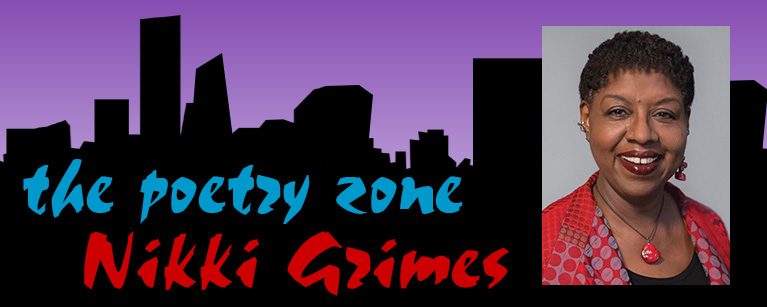 True confessions: I have an obsessive-compulsive personality. Fortunately, I channel in mostly healthy ways. A Pocketful of Poems is a prime example.
True confessions: I have an obsessive-compulsive personality. Fortunately, I channel in mostly healthy ways. A Pocketful of Poems is a prime example.
Back in the 1990’s (was it that long ago?) I came across The Essential Haiku, edited by Robert Hass. Once I planted my face in this collection of poems by Basho, Buson, and Issa, I barely came up for air. I was in Haiku heaven!
I’d fallen in love with this form of poetry as a child. I was forever challenging myself to paint a picture or tell a story using as few words as possible, so haiku was right up my alley. But I hadn’t read much haiku as an adult, so this collection was a special treat.
After I read this book, I became absolutely obsessed with writing haiku. I couldn’t help myself. Before I knew it, I had a collection of nearly 100 poems! (If I were the Batman’s sidekick Robin, of television fame, I’d say Holy Haiku, Batman! And yes, I’m showing my age. Whatever.)
The focus of my collection was contemporary-urban, rather than traditional, giving it my own twist. I wanted to use this ancient form to create poetry that contemporary children, especially those living in the inner city—an important audience for me—could embrace as their own.
I was happy with the manuscript, and was convinced some lucky publisher was going to snap it up.
Not even.
One publisher after another returned the manuscript with some version of the question, “Why are you writing haiku?”
First, I was dumbfounded. Then, I was irritated. What kind of question was that? (I used lots of colorful language in the moment.) No one was forthcoming in explaining what he or she meant by that, which only annoyed me further. But I had a few wild guesses.
As an author of African American descent, I am routinely put in a certain box. I am expected to write either African folktales, or books featuring African American historical figures, or “problem” books about contemporary African American life. On a more personal level, as Nikki Grimes, I am expected to write character driven, narrative poetry, primarily because that’s what I’ve published in the past. If I dare veer off into themed collections, or such exotic forms as sonnet or haiku, well, off with my head! That’s not supposed to be in my wheel-house, right? Wrong.
Be that as it may, no publisher was biting, and I felt deflated.
I sat down to think about what kinds of manuscripts I’d been most successful at selling, and realized the narrative thread was the key that might make even a collection of haiku by me more palatable to publishers. So, I pulled out my hefty manuscript, chose a small number of haiku to work with, and settled in for a brand new draft.
I opened my file folder of names, and chose one for a character who would lightly narrate my picture book collection of haiku. I decided to shape this book as a collection of paired poems, writing free verse poems from the character’s P.O.V., and pairing each with a haiku on the same theme. I organized the collection seasonally, and added a simple author’s note about haiku. Once the new version of my haiku manuscript was complete, I sent it out again.
I hit pay-dirt almost immediately, but the publisher’s offer was too lowball for me to consider. So I was on to the next house. And the next. And the next. And the next.
Had I made a mistake by rejecting that first offer? I was beginning to wonder.

About one year later—yes, I said one entire, bone-crushing, ego-deflating, twelve-month period—I received contract offer number two! This time the amount suggested was roughly eight times that of the first publisher! I screamed yes over the phone. I think my agent has finally gotten her hearing back!
It took a few years to bring A Pocketful of Poems to the marketplace, but it went on to make the Bank Street College Best Book of the Year, and the CCBC Choices list. More importantly, it continues to be a staple in classrooms across the country. Call this another lesson in the old saying, “good things come to those who wait.”
If you haven’t read A Pocketful of Poems yet, I hope you will. Besides my poetry, I know you’ll enjoy the extraordinary illustrations by Javaka Steptoe.
I’ll close with one of my favorite pairs of poems from the book.
Pumpkin
Pumpkin is an orange word.
I set its roundness out
where others can enjoy it.
I help Mama carve
a crooked smile on its face.
Come Thanksgiving,
we bake others like it for dessert.
But first we have to wait
for them to arrive.
Pumpkins catch a bus
to town. How else could they get
here by Thanksgiving?


